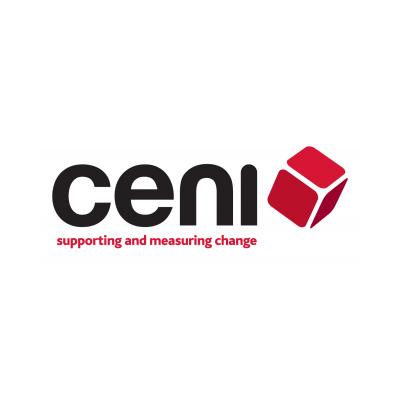Community Evaluation NI to Deliver Phase 2 of Inspiring Impact NI Programme
The Inspiring Impact NI Programme is a Building Change Trust initiative supporting VCSE organisations and their funders to better understand and apply impact practice.
Community Evaluation NI (CENI), a not-for-profit organisation dedicated to supporting the voluntary and community sector and its funders to plan for, measure and improve their impact, is delighted to announce that its contract to act as the Building Change Trust’s strategic partner to deliver the Inspiring Impact NI Programme has been extended until December 2017. Building on accomplishments in Phase 1 in 2014/15, Phase 2 will focus on developing practice, updating resources, promoting learning and influencing policy.
As the Northern Ireland partner on the UK board, the Trust has invested over £750,000 over a four year period (2014-2017) in a dedicated programme of support for the VCSE sector and its funders locally. This has been supplemented with £240,000 from the Department for Social Development (DSD).
As part of the Phase 2 roll out, seven VCSE organisations have been selected as sub-partners to embed impact practice within their own organisations and with a cohort of their members. This will build on the foundations already laid and will support each of these groups to apply the principles of good impact practice as outlined in the Code of Good Impact Practice.
In addition to this, a consortium of five infrastructure organisations within the Arts Sector will be supported to act as Impact Champions and apply impact practice internally and with a cohort of their members using the Inspiring Impact resources. This will be done in partnership with Belfast City Council and will look to build on the Arts Effects toolkit that was developed to support organisations to demonstrate the impact of their work.
Each organisation selected will receive funding of up to £12,500 from the Building Change Trust to embed impact practice at an organisational level and to act as impact champions within their sector.
The seven VCSE sub-partners were chosen from organisations that have made substantive progress under Phase 1 and are:
- CO3
- Community Development and Health Network
- NICVA
- Playboard
- Sported
- Volunteer Now
- Youthnet
The successful arts sector consortium includes:
- Voluntary Arts Ireland
- Audiences NI
- Arts & Business NI
- Theatre NI
- Dance Resource Base
Brendan McDonnell, CENI Director said:
“CENI has played a key role in the design, management and delivery of Phase 1 supporting VCSE organisations and funders to understand and embrace impact practice. Inspiring Impact has a ten year vision to transform the sector’s thinking and approach to impact practice. Phase 1 was about promoting the message and piloting resources to support an impact practice approach - Phase 2 will build on our work to date by ‘widening’ access to these resources and further ‘deepening’ organisational capacity to implement good impact practice. The aim is to show how impact practice really works, and persuade VCSE organisations and their funders to invest in and sustain their own impact practice.
“The success of Phase 1 of the initiative was due to effective collaboration between the Trust, CENI, Department for Social Development and the range of supported organisations right across the sector. We look forward to continuing our work with the Trust, the sector and funders to implement Phase 2 of the Programme.”
Aongus O’Keeffe, Leader, Inspiring Impact NI Programme said:
“It’s great to get Phase 2 off the mark and to move to the next stage of our plan for transforming how VCSE organisations and their funders think about and demonstrate the impact of the work they do and investments they make.”
“We would love to have the resources to support all groups that have been involved up to now, however we do see opportunities for groups not in receipt of funding to engage and share experiences through other strands of the programme. We will be looking to see how we can widen the net and get many more organisations applying this way of working and will also be establishing a network of practitioners to share learning and good practice.”
Projects will commence in February 2016 and will run up until the end of June 2017. A range of case studies and other learning documents will be developed and shared throughout the process.

